

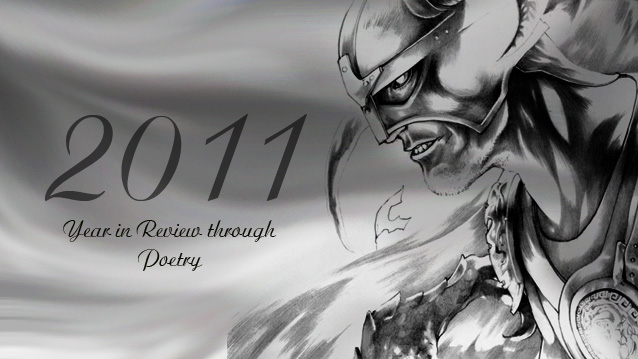
Image Credit: Gido
This is not going to be a list of 2011's best video games. This is not even a list of my favorite video games from the past year. Yes, this collection of things is meant to fit the "Year in Review" format, but it does so under the guise of what I will call "prose poems." Look it up. Rather than include haphazard blurbs that recount the most memorable moments in each game, I try to capture particular flavors, something like distilled essences. Sometimes I write about a character, a setting, or a moment. Sometimes I write about something only tangentially related. So while the prose pieces that follow may be exhausting, they are not exhaustive.
I imagine I should also admit one thing off the bat: notable titles are conspicuously absent; for instance, certain military shooters. And before I get accused of being an elitist - I am - I want to point out that even games that I adore, namely Sword and Sworcery and Rayman Origins, do not make the cut. Call it an accident of the creative process. Call it whatever you want. What follows is an experiment, a meeting point, the confluence of a love of video games and a passion for rich text. So grab some coffee. And enjoy.
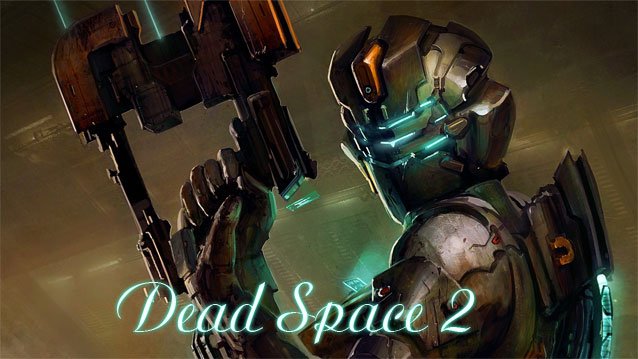
The nice woman used to play music in this room, like music in the circus or the cartoons with the animals that spoke like people. She used to smile real big, her eyes as pleasant as a mother’s, her voice as soothing as a cup of warm milk. She was kind and smelled like flowers, the ones the children would pick in the domed gardens where an artificial sun shined all day long, where butterflies would land on the tips of their fingers. Children used to tumble through this room, lost in their imaginations, the innocent way of layering their enormous wishes onto the smallest of spaces.
The little plastic chairs still circle the table where the children drew pictures of families, the stars, the Earth their parents would talk about over a glass of wine. In the corner of this room, a scattered pile of building blocks, alphabet-themed, tossed like plucked flower petals against the plush carpet. Look close enough and the blood, not yet dry, shimmers under the fluorescent lights. This room used to echo with tiny laughter. This playroom. Now full only in its abundance of emptiness. Yes, the children still roam the halls of the nursery, still frolicking, still the cute mob the nice woman would lovingly refer to as her “little rascals.” I wonder, though, if those were the words she thought when they came at her, changed as they were, when they burrowed into her abdomen like little explorers, rending her from top to bottom, when they gobbled her insides like so much jam.
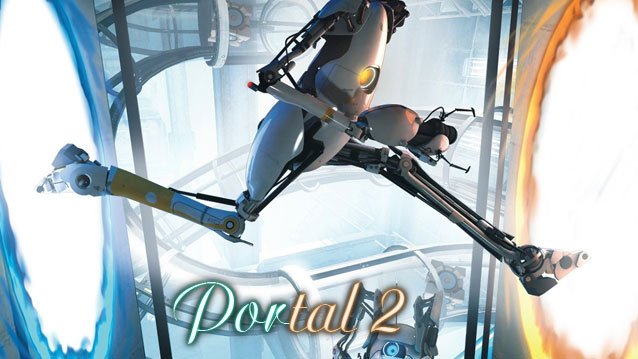
They call her the Borealis, an icebreaker ship, a hull as solid as a bomb shelter, a nose that cuts through sea ice like an axe chops through wood, cleaving frosted chunks in two. Gone now. A dark memory. Legend of the scientific intelligentsia. The nerds. Only an underground dry dock remains, empty, so large a single voice can echo for minutes, a sound like the dead murmuring. Way down there, in that tomb-like hollow, a round, orange life preserver can be found at the end of a grated catwalk, resting against the granular concrete wall.
Like a goodbye note left taped to the fridge. Or a photograph on the bureau of a friend that died years ago. Synecdoche. If there were still storytellers here, they might say something about temporal and spatial displacement. The complete breakdown of quantum physics. Only rumors, understand? Hearsay around the Black Mesa water coolers or in the ruins of City 17 over trashcan fires. Here’s another one: a gun that can rip holes in reality itself, so that a wall can be torn like a magazine page, leaving a blue burning corona in its place, a portal to wherever its sister door, an orange wreath of corporeal and temporal distortion, is pasted. Only rumors, understand?
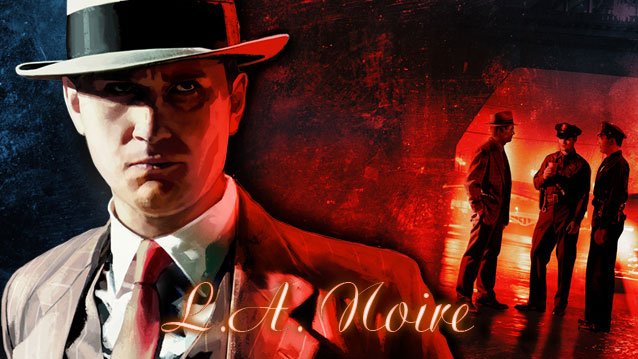
Truth: War made cowards of them all, whether they stood over the dead trying to understand their victory or whether they stared up from the mud with milky eyes, just another corpse on the battlefield. They could smell the acrid stench of cooked bodies for days after they burned the cave out. It didn’t matter what country the charred men came from, they all smelled the same in the purity of the fire. Try as he might, he could never escape that moment.
Doubt: In his tent alone at night, sipping slowly from his canteen, which suddenly felt stone-heavy, he was sorry for what had happened. His men said little, but he could tell in the way their eyes avoided his that he had lost them. That’s what war was, though, the ability to make the hard decisions - and live with them. Yes, he decided, not noticing the fly skittering across his cheek or that he had been sipping from an empty canteen for an hour now, he could live with it.
Lie: The badge said it all. He was a true blue war hero and an up-and-comer. An asset to the force. Sure, they gave him flack, like any rookie, but deep down he knew they respected him, the way his men in the shit overseas had respected him. He could make the hard decisions. He had a damn fine head on his shoulders. A keen sense of right and wrong. Of Justice with a capital J. He was ready to defend Justice, ready to show them all - the cops, the crooks, the citizens - that good men still existed, that heroes were still possible.

The arc of light stretched from the twisted fog of the great sky to the thick, primordial oceans below, a spark that fused the long bleak past - all that dark space with all that cold, dead light - to the infinite possibility of a future where life would thrive. And life did thrive. An infant molecule. A bacterial monster no bigger than the unimagined idea of God in the void of time before humanity. Darwinian myths of the dominant and the extinct.
A mass of cellular embers like a stain of stars, burning bright and burning out, feeding all that comes after. The first crawl from the oceans to the land, the strain on the muscle, the tendons tightening, the warm sun branding the flesh, forever marking it, a searing benediction for the trajectory of that first spark, the arbitrary journey toward something called a “person” that thinks and creates and despairs. The point when that seared flesh gives way to the technological, the digital, the point when Man becomes machine, the point when a new Eden is born, a new myth of paradise, a new spark, a new vast ocean of possibility. There are myths within these myths. There is the myth of the first woman born of the digital ether, and the myth of the hacker that saves her from the modern bacterial monster, the virus composed of binary code and an insatiable will to replicate. There is the myth of the return of the first arc of light and the as of yet unknown future it suggests.
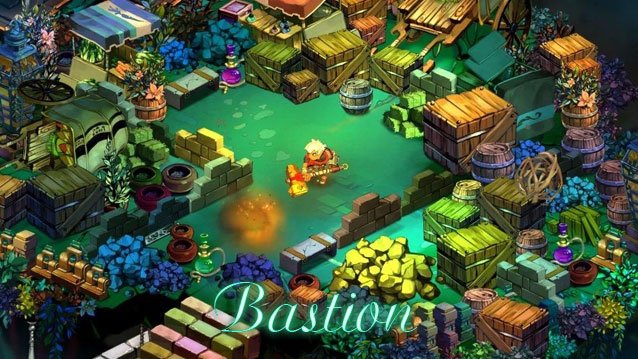
The floor beneath you gives way, deconstructs, reconstructs, descends and ascends, coalesces, collapses; the west was never this wild. The wild was never this immaterial, this unstable. A handkerchief, a hammer, an assortment of ammunition and artillery: tools of the trade, and the trade is the last one in the world: survival. But if the world could not survive, if the bellhops and bartenders found themselves immortalized in fragile ash, then what hope does a kid have in the aftermath of the end times? What hope is there when the ground itself comes and goes as it pleases, when the dreams of strangers are sometimes as real as the nightmare of consciousness in this post to a post-world?
There is the hope of a sure hand, the hope a shotgun gives, if it’s well oiled and cared to, if there is ever hope in the technology of death. The world has fallen through and apart and across itself, and everything is myth now, artifact, fetish. And the kid wakes up. Or keeps trying to, wishing it was something he could wake up from.
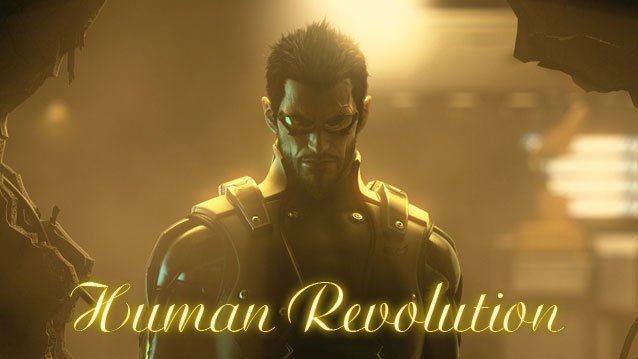
Consider for a minute the implications of such a future. Donna Haraway called it the cyborg, the posthuman that would liberate us from the constraints of the body and the system of language that acts upon the body. It starts small, naturally. The invention of the blunt instrument. Hammer. Axe. Affective yet brutish extensions of the human form. There is, of course, the peg leg and its contemporary equivalent in the prosthetic limb. Even the soles of our shoes, the artificial toughening of our otherwise too-soft feet. There is the advancement of optics in the form of spectacles. Let us not neglect the contact lens or our most modern convenience, laser eye surgery. Small numbers complain about a drying of the eyes, but this minority does not reflect the happiness and newfound sight of the majority. As we know, gentlemen, progress does not stop for the whims of those few who may be abjectly affected by it. You cannot make an omelet without breaking - well, we are aware of this idiom, yes? Breast implants. The oh so small steps of augmentation.
Brothers, thank us later. Now is the time for science. There is the future to consider. The destiny of what we loving call Mankind! And if there is a human soul or a divine sense of right and wrong, we can improve those too with enough time and the will to act. Let us not stop with perfecting the flesh. We must transcend it. If nature stopped short of making us perfect, let us pick up Her work and march towards its logical conclusion. And if our critics prefer a fallible subject, what they rhetorically refer to as the “imperfectly human,” well, let us see to changing their minds as well - figuratively or literally, whatever it takes, brothers! Whatever it takes!
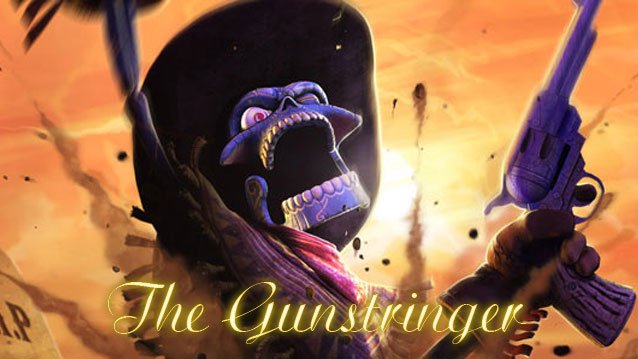
Thumb pointed skyward. Pinky and ring fingers curled in, hugging the palm. Middle and pointer digits extended, erect, dead-set.
Like cowboys and Indians when I was young, running in circles around the house to make the yard feel infinite in length. How we would argue over who shot who and how long we would have to play dead before getting up again.
Years later, I had a friend in high school who would walk through the halls making this particular sign with his hand, pointing at random students, and quickly lifting his forearm as if to say, “Bang.” Socially alienated as I was, I did not find this kind of behavior objectionable. He was a good enough kid, even if he did eventually get expelled for threatening to show the vice principal a real gun. Anyway, we all had problems. The point is, this kind of thing was a game to him, an amusement.
Today, in front of the television, I fire invisible bullets at a shooting gallery of digital threats, thinking of childhood games and high school angst, aware for maybe the first time of the silliness of the gesture but also of the very real power it represents.
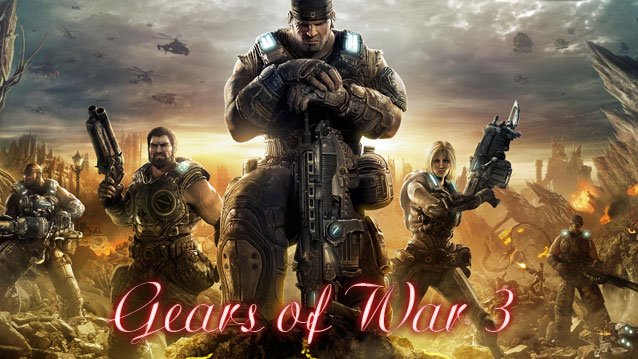
His glory days were on the gridiron, ground packed down, a mess of the small incisions cleats make when they impact with soft soil. The roar of the crowd: as thunderous and as loud as the earthquakes on Emergence day. Remember the stadium on that day, when the earth opened up and the underground things spewed forth, hate in their reptilian eyes, when the cheers and chants of the fans blended with the chaos outside of the arena?
It was only after the crowd died down and the deafening silence filled the space like an invisible gas, when the distant crack of tectonic plates clued them into the fact that, despite the performance of Cole Train on the field or the home team winning, something was wrong with the world of Sera. If terror can be inscribed in an image, if the hollowness of that feeling can find a place on the visual spectrum, it is found in the voiceless picture of a Thrashball stadium, the frozen fear on the sea of faces, the simultaneous dropping of beer cups and popcorn, the sudden flash of a thousand momentary golden fountains of beer splashing and the crackle of fireworks in the form of bursting white kernels.
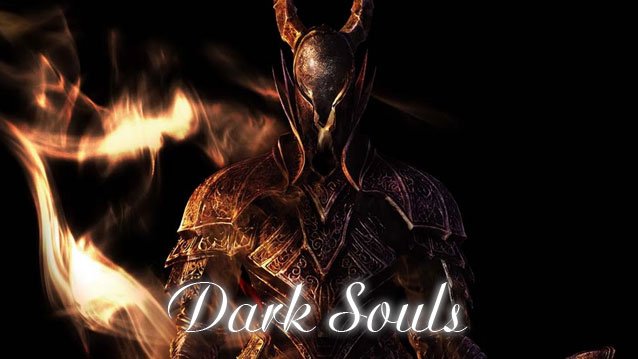
Push forward through the fear of death and desolation, young warrior, through those spaces of cobweb, dust, and bone. Hallways as lonely as a crypt and lonelier still, the loneliness of a darkness you can taste, like sulfur, or the copper ore of an abandoned mineshaft, byzantine, crumbling, home to the unhomed dread gestating in all of us. Push forward, noble soul, with armor clinking, with sword or pike wobbling, with breath misting or ghostlike, your flesh pinkish or moribund. Stairs descending to pits not yet touched by the stink of the living, tinted in poisonous haze, hiding creatures too horrible for the eyes of any pitiful being who harbors memory, creatures that taint the mind and the memory, that offer only horror where hope might rest.
Push forward, brave wanderer, lit by the dimmest lights, encouraged by the faintest morality, the most morbid of curiosities, motivated by the basest fears. To see into the abyss opened for us here, we need to accept our place amongst the displaced, to venture to those realms where death is but another portal into deeper and darker mappings. Push forward, cursed spirit. There is no longer a back to turn to.
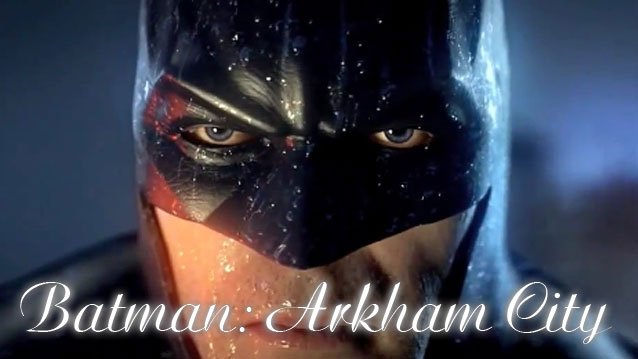
I wore the suit so I wouldn’t have to wear my own skin, the way you might avoid the outfit in the back of your closet because the way it makes your ass look, and the boys, they love looking at my ass in the suit. Of course they all stare, but in the suit they’re not staring at me, they’re staring at her. The Cat. There is safety from the howls and taunts when these ears are under the cowl, beneath the strap of the goggles. The words don’t sting as much, the sounds can’t claw their way in. Not like I claw my way into their faces, the flabby jowls, their puffed chests. And the symphony of all that blood flowing, like small red strips of musical notation, drowns out the cat calls, the hail of “bitch,” the icy cold stare of the rapist in every man. In the suit I can silence the staring.
The heels were for confidence, for the way they accentuate my calves, my legs, all the way up to these hips like rabid bulls - seriously, they’ll squeeze the life out of you, honey, so behave. My sisters tell me to tone it down, to think of the message I’m sending, that maybe I’m asking for it, but that, remember, it’s never my fault. My body is my own, my own shell of discomfort and unease. But I am trying to be comfortable. I am reaching for ease. I tell my sisters I am sending a message. It’s a bloody valentine, etched with the perfidious tip of my middle-finger talon, a warning to every man who stalks the murky streets, the alleyway shadows, who utters any phrase not punctuated by compassion or praise for the mothers, daughters, and sisters of the world. The Cat is coming for you. She will descend like a dark angel into your life, and she will swallow you in her gloom, and you will feel your skewed sense of manhood shrivel - and rise no more.
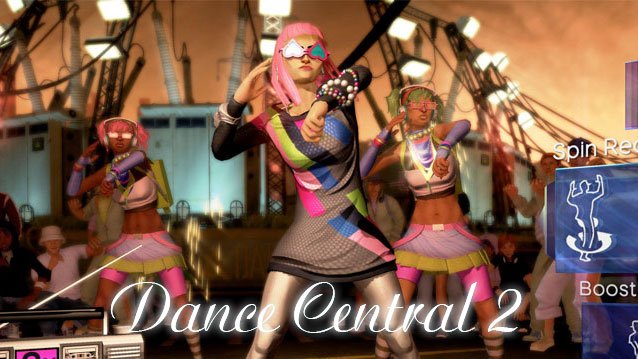
The competition was not so much between the two dancers as they wriggled and writhed in front of the camera, the literal eye of judgment, but between the dancers’ arms, legs, and torsos, between their sedentary habits and their ambitions toward movement and grace, toward rhythm and a sense of cool only a highly controlled and articulate body can muster. These people were not cool. Anybody watching through the window would have thought them in the throws of a heart attack or the kind of embolism that keeps the victim upright and twitching rather than prostrate and stiff. In other words, they looked like they were dying. Dying to a damn good beat.
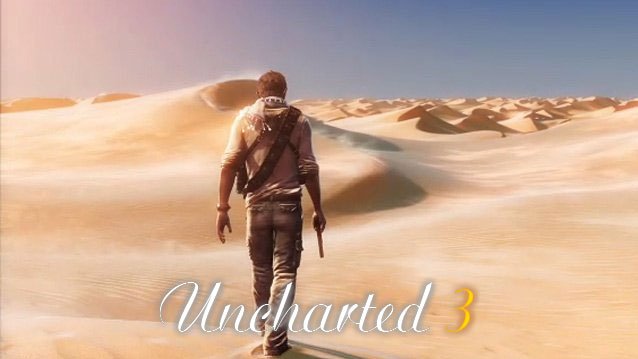
Smog on every tent, draped over every robed shoulder, dripping like gravy from the vendors’ displays. His head hurts. Groggy. Stumbling drunk. Floppy feet. Undulating strangers, ballooning and deflating, wobbling like weighted buoys. Lava lamp labyrinth. Slug forward, evade grasp. Touch the walls. The walls feel safe. Cold. Wet. Real. A rattrap. A sense of being led by the nose. An intangible leash. Choking. What was that? Are they staring at him? Do they know? A voice in his head. Is it his? What is this “Drake?” Can sounds be names, and what do names mean? He can handle this. He handles this. If he keeps moving through the crowd, through the market, under archways, everything will work out.
Like those mushrooms he and Sully took in Ecuador. Booze helped then. But isn’t Yemen a dry country? The horror. Unnamable horrors. Fishbowl vision. Stagger. He fumbles forward again. Then like a great mouth, the light takes him.
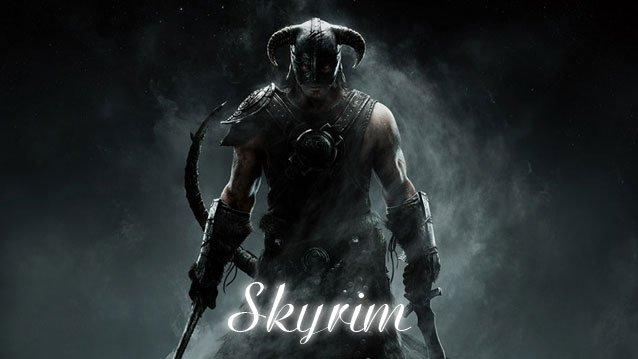
There is a home in my heart, and I call it Breezehome. There is a hearth that draws me back to its familiar flame, stew pot blackening over still warm coals, and I call it Breezehome. Above the molten pit, ashen and smoldering, a rack of fish hang drying, their scales slowly shriveling, curling at the edges, singed. While this house’s shell is like a tortoise’s, marbled with grime, bracken and cracked, it’s interior is as soft as the meat beneath the shell, as moist, as precious, and as appetizing. There is a place for me inside a giant tortoise shell, and I call it Breezehome.
Breezehome with its large feathered bed, the mites that crawl between the sheets, the bearskin that stretches over the mattress, ferocious even in death, ferocious as Breezehome herself. There is a candle that burns for me on my nightstand in Breezehome, the flickering drop of flame like a single tear from the sun, wispy and fickle. There is a chest of treasures that holds as much as the human heart, and it opens only in Breezehome. Along the walls, among the dust of bookshelves, and cast about the hardwood floors and elk-hide carpets, a library of books, tomes, and scrolls, the knowledge of the world inked onto so much brittle parchment. There is a place where wisdom collects like rainwater below a storm drain, and I call it Breezehome. Breezehome, where the body can rest and the spirit find respite.
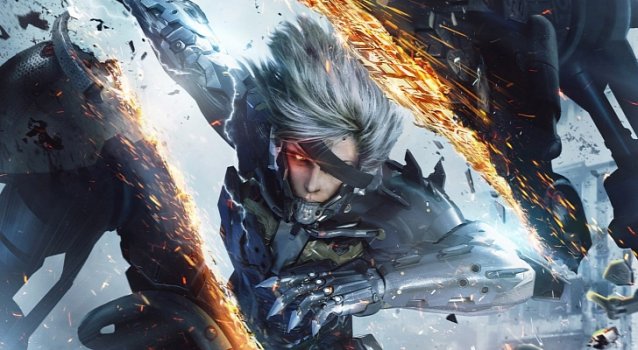

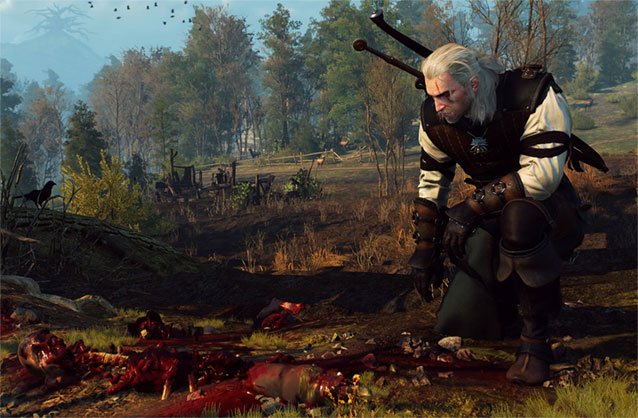
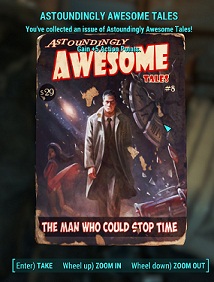
 Cuphead Hand-Drawn Bullet Hell
Cuphead Hand-Drawn Bullet Hell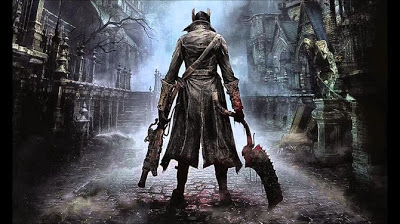 Bloodborne The Doll (NPC) guide
Bloodborne The Doll (NPC) guide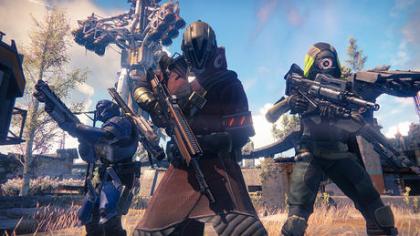 How to use Destiny Consumables for Upgradation, Extra Gilmmer and Ammo Synthesis
How to use Destiny Consumables for Upgradation, Extra Gilmmer and Ammo Synthesis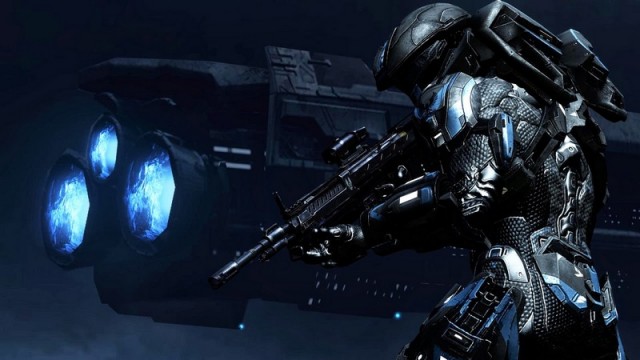 Mission 10 - Enemy Lines: Halo 5 Guardians Guide
Mission 10 - Enemy Lines: Halo 5 Guardians Guide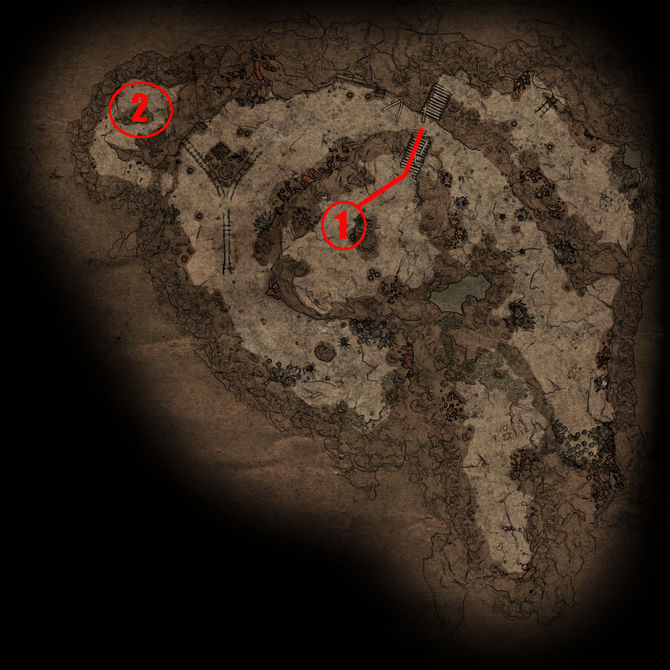 Victor Vran (PC): all secret locations with maps
Victor Vran (PC): all secret locations with maps